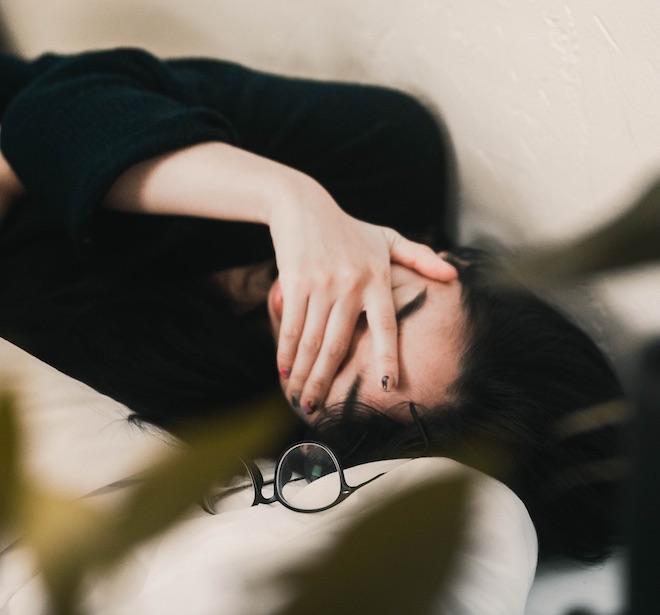One of the most interesting aspects of the dream in relation to the human body is that it is not fully understood why we evolved to need sleep in the first place. While the mechanisms of action behind sleep remain a mystery, we do know that our bodies need it to function properly and we know what happens when we don’t get enough.

We feel groggy, irritable, and physically and mentally exhausted when sleep deprived When we are well rested, we feel more alert, energetic, happy and more capable of performing daily activities. One of the most obvious indicators of sleep deprivation is skin health. Poor sleep habits can create problems in our skin or cause old ones to resurface.
In this article we will explore the interesting phenomenon of sleep and what happens to our skin when we don’t get enough.
How much sleep is enough?
The amount of sleep a person needs varies throughout his or her life.

Los newborns sleep for most of the day The time of day is generally from 14 to 17 hours per 24-hour period. The young children need about 12 hours of sleep per night. while the children from 7 to 12 years of age need between 10 and 11 hours of sleep per night. By the time it becomes a teenager you will most likely need between eight and nine hours . Whereas, the adults can often work with seven hours of sleep sometimes even less, depending on the person.
When we feel sick, we will usually need more sleep to allow our body to recover more quickly.
Sleep deprivation

Sleep deprivation often occurs at consequence of lifestyle choices of an individual. If we choose to drink caffeine all day, we may have difficulty getting a good night’s rest. The amount and type of media we consume before bedtime (use of smartphones, television programs and video games) may also be interfering with the quality of our sleep.
When we deprive ourselves of sleep, cortisol levels in our body increase . Cortisol is a stress hormone that alerts your body when something is wrong. A Increased cortisol levels may aggravate inflammatory skin conditions. and decrease wound healing function. Certain skin conditions that are considered inflammatory are psoriasis, eczema and acne, all of which can be exacerbated as a reaction to the lack of sleep .
Inadequate sleep can also have a profound effect on the appearance of the eyes, particularly in the eyelids lower . People who do not get enough sleep may notice the development of “. bags” under the eyes . Puffiness is caused by fat in the lower eyelids that collects water under the eyes when we sleep. This under-eye puffiness is usually just a cosmetic concern, but it generally worsens as we age. In addition to bags under the eyes, lack of sleep can also cause your skin becomes dull and pale causing the formation of dark circles around the eyes. Dark circles under the eyes are something that anyone can develop, but some people may be more predisposed due to their genetics.
Oversleeping
On the other hand, oversleeping can also cause skin problems in subtle and often overlooked ways.
Our bodies become dehydrated when we sleep because we go about eight hours without consuming any fluids. Thus, when our body lacks water, our skin tone and complexion, in general, can appear uneven, making wrinkles more visible.
Another problem caused by oversleeping is dirt on the sheets . Sweat and oils secreted by our skin during the night stick to our sheets and pillowcases. This can lead to clogged pores and acne breakouts.
Conclusion
Often, poor sleep habits are caused by an irregular sleep schedule in addition to the other habits mentioned above. It is therefore important to implement good sleep hygiene. In Sofareva’s blog you can get more information on how to implement good sleep hygiene .
So, no doubt about it, sleep is an important aspect of skin care and health that goes beyond the scope and understanding of this article. The benefits of getting a good night’s sleep are not exaggerated and the wonders it can do for your skin and health are widely accepted. If you have trouble sleeping and sleep deprivation has been a constant problem in your life, it is recommended that you visit your doctor.









